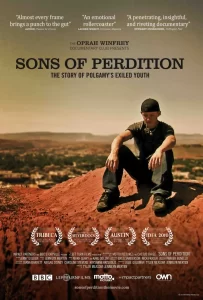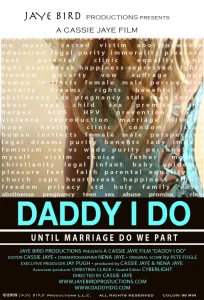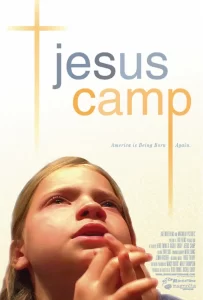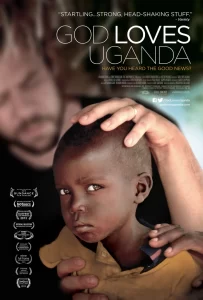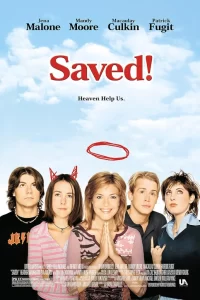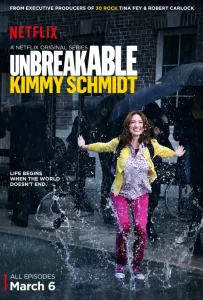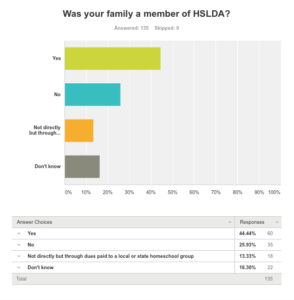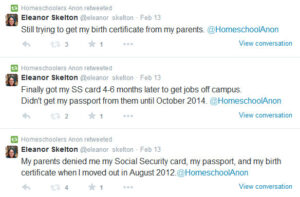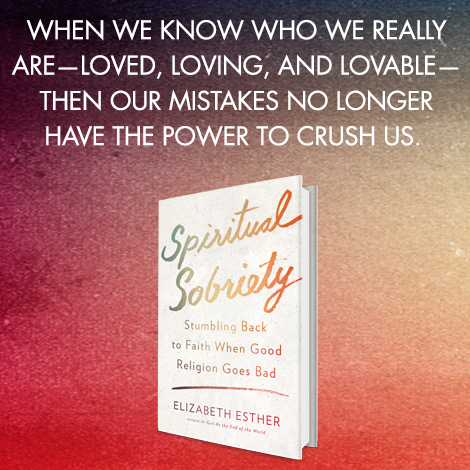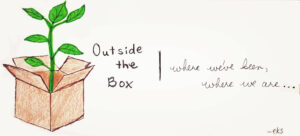
Editorial Note: The following is reprinted with permission from Eleanor Skelton’s blog. It was originally published on March 7, 2016 as part of a series.
Continued from What Is Joy?
“i am still learning that i am allowed to be human out here
inside it was not allowed
those things made a bad thing happen
so i still feel that. any tiny mistake… ” ~ anonymous friend
Obsessive guilt is no longer my religion.
But for many years, it was, and the scars left by it still linger for many of us. This post is for my friends whose wounds are still bleeding. This is for everyone who can’t find the words yet.
I’ve written before about my history of self-harm, prompted by years of being told when I was a small child that I murdered Jesus simply by being born, because of original sin.
Every breath I took, every time I threw a tantrum as a toddler, every time I didn’t obey my parents immediately without question, all these things drove nails into Jesus’ hands. Or so I was told.
This story on Homeschoolers Anonymous is very, very much like how I was raised. It’s like my mom is talking to me all over again.
“You are such a disappointment to God. He is sitting in heaven crying because of your sinfulness. Even if you were the only person who ever lived, Jesus would have had to die because of your sin! Your sin caused Jesus to be tortured and killed. It is just like you were there hammering the nails into him.”
Over and over, I was told that Jesus and the angels were always watching me, that they were disappointed in me when I talked back to my parents. That I made Jesus sad, that I hurt him.
Guilt for Jesus’ pain is why I self-harmed, starting at age 5. And none of the adults in my life then understood why.
We grew up with this mindset, believing that only guilt could dictate ethics. If you didn’t feel bad about yourself, you were prideful. If you weren’t thinking about Jesus’ suffering, you were ungrateful for his sacrifice.
And it’s not just those of us who were homeschooled in Christian fundamentalist households.
One of my Mormon friends told me she obsessively washed her hands when she felt sinful, because it made her feel less dirty. Later she found out it was part of her OCD diagnosis.
I’m also not the only one who thought I had to hurt myself because I caused Jesus pain. I have several friends who also did the same thing, for the same reason. The idea actually goes back to the middle ages and flagellantism, radicals in the Catholic church who beat themselves to mortify the flesh and identify with Christ in his suffering.
I used to dig my fingernails into my hands every time I referred to the divine without capital letters, because I believed I had disrespected the Almighty. Now I no longer believe my God is concerned with misspellings.
Those in the church probably don’t realize that the language they use often gives a very different idea than they are intending to, especially with children who take things literally.
A recent Relevant magazine article explains it like this (link removed as the article is no longer available):
“If you tell a 10-year-old that he should be washed in blood, he’s probably going to imagine something closer to the opening scene of Blade than a loving Jesus who wants him to be happy forever. I pictured Jesus standing next to a giant bathtub that He was bleeding into while trying to make me dive into it like a Steven Curtis Chapman song in ’99.”
When we talk about the crucifixion as penal substitution and say that we also have to take up our cross, when we tell young children to prepare for martydom or teenagers to stand up for Jesus like Cassie Bernall at Columbine, some of us take these ideas far more seriously than we probably intended.
We hate ourselves, we struggle with feeling unworthy, and we believe that we are undeserving of love. I have friends who can’t convince themselves to take medicine until their pain becomes unbearable because they believe they deserve suffering.
My friend Ash shared this song with me last year, and I cried because it is me. For so long, I couldn’t accept love because I thought I wasn’t worthy.
Before you came the days just passed
But now I so cannot reach seconds
Within me thousand suns rise
And I’m praying for them to never disappear
Tell me what have I done to deserve something this beautiful.
Tell me why I deserve you
Tell me why I deserve you
Tell me why I deserve you
Why is it me you love? – Lafee, Tell Me Why / Wer Bin Ich, Nightcore remix
It’s a process, we can’t just instantly rewire our brains. We don’t magically become healthier.
I’m still wrestling with my own theology, struggling to imagine that my God is pure light and love, a radical idea from a Graham Cooke video I watched years ago:
“You are the beloved. It is your job to be loved outrageously. It is why I chose you. That is why I set My love upon you; that you would live as one who is outrageously loved; that you would receive a radical love, so radical it will blow all your paradigms of what you think love is. I know I will love you outrageously all the days of your life because I don’t know how to be any different. This is who I am, and this is who I will always be. This is the “I am” that I promised you. I am He that loves you outrageously. And you may love Me back with the love that I give you.
“You may love Me back outrageously with the outrageous love that I bestow upon you. And know this, you can only love Me as much as you love yourself. So My love comes this evening to set you free from yourself. To set you free from how you see yourself. To set you free from the smallness of your own thinking about yourself. My love comes to set you free from rejection and from shame and from low self-esteem and from despair and from abuse because when I look at you, I see something that I love. I see someone that I can love outrageously.
[….]
“There is no fear where I am present because My love casts out fear.
“Beloved, you are My beloved. You are My beloved. And in my love, I want you to feel good about yourself.”
Unraveling all the gnarly threads woven through our souls takes months, years.
It’s like recovering from addiction or learning to drive a car. We’re learning how to love and be loved. Remembering that we are all made of stardust.
So when you meet a former box-dweller, please be gentle and patient with us. We’re still recovering. It takes time.
I hope you guys enjoyed this series and a glimpse into the souls of these lovely guest writers.
********
Shop at our Amazon store! As an Amazon Influencer, this website earns from qualifying purchases.
